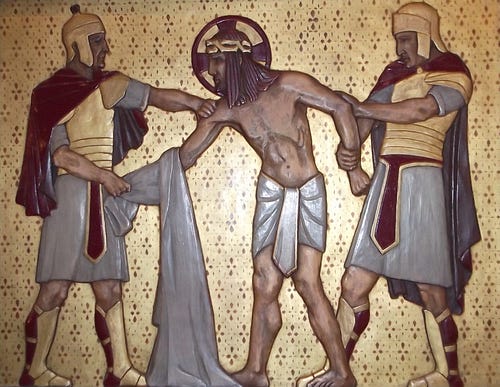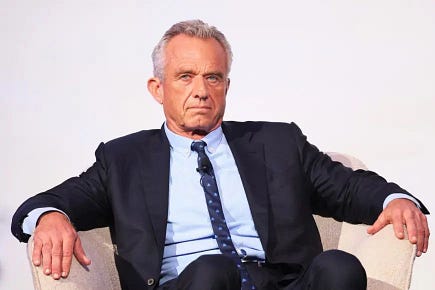Note
The app for independent voices

“As we abandon our belief in the religious substructure that holds up the scaffolding of our minds, things like goodness, truth, and beauty become irrelevant…We adopt the postmodern idea that your truth is your truth, mine is my own, and that these contradictions can coexist…”
My new Substack post, “Beauty Will Save the World,” is live NOW!

You made it, you own it
You always own your intellectual property, mailing list, and subscriber payments. With full editorial control and no gatekeepers, you can do the work you most believe in.


Great discussions
Join the most interesting and insightful discussions.
«Who killed Jesus … cannot be determined by any one text. That it is unclear from the gospels and especially from Matthew who killed Jesus, is not accidental. Matthew, as we have seen from the beginning, has written his gospel in which we cannot avoid being a disciple of Jesus, one of the elites, or a member of the crowd. The answer to the question of who killed Jesus, therefore, is that we all killed Jesus. The disciples killed Jesus by deserting him. The crowd killed Jesus because they were a crowd. The elites of Israel killed Jesus because they feared his call to holiness. Pilate killed Jesus because he had the responsibility to maintain order. “The people as a whole” killed Jesus because they had nothing better to do. We all killed and continue to kill Jesus. So let us all say that “his blood be on us and on our children!”
Jesus must be killed because Jesus is the Son of God. Jesus must be killed because Jesus has called into existence a new people who constitute a challenge to the world order based on lies and deceit. Jesus must be killed because he is a threat to all who rule in the name of safety and comfort. Jesus must be killed because we do not desire to have our deepest desires exposed. Jesus must be killed because we do not want our loves governed by his love. Jesus must be killed because we refuse to forgive our enemies. Jesus must be killed because we do not believe in a God who creates us and who would come among us after our likeness. So we have learned from Matthew.» —Stanley Hauerwas (Brazos Theological Commentary on Matthew, at Matt. 27)
(Image: 10th station of the Cross, St. Chrysostom’s Church, Manchester, England. tinyurl.com/24x5pwgd)



















